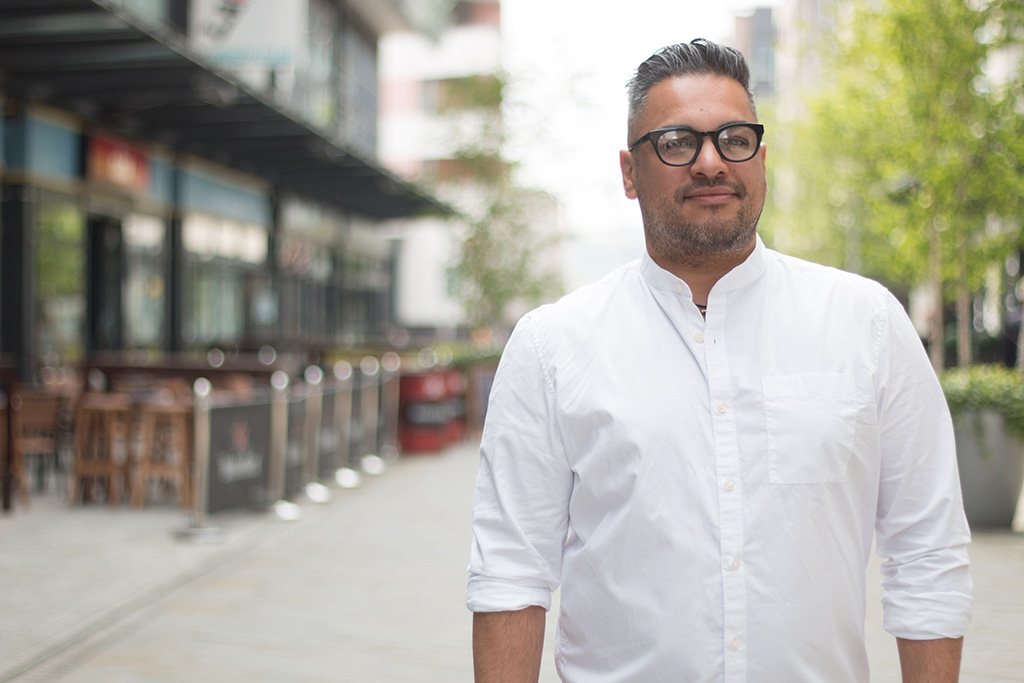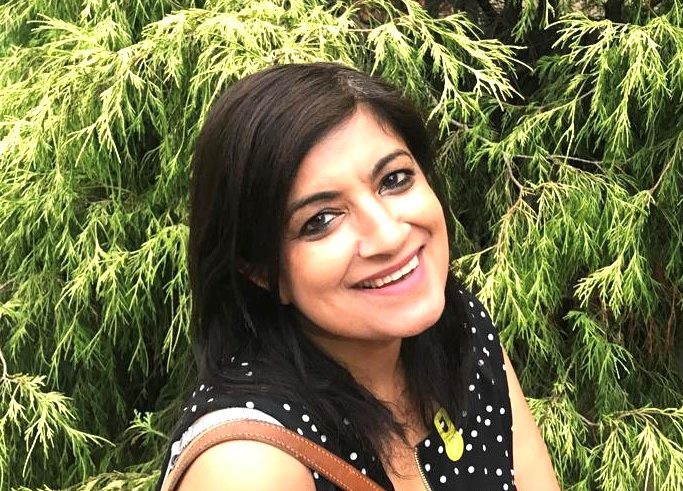I meet with Tahmima Anam minutes after she has given a reading – we have only ten minutes – so I quickly rush through the questions. I’m struck at how petite she is, there is an elegant poise about her. Without warning we are interrupted by a passer by. We both apologise, even though none of its our fault and then I begin the interview…
Anam spent two years in Bangladesh researching A Golden Age. I asked her about her time there and whether at any point she felt like a foreigner in her homeland. ‘No’ she says ‘People responded very well and although I didn’t grow up in Bangladesh my family are still living there, and I’m very much connected to the country so I never felt like that. I never experienced and hostility and people really felt like I was trying my best to bring a historical moment that was really important to them.’ I notice how her accent changes, as she speaks, its difficult to make out which region her accent is from, but she always manages to pronounce Bangladesh like a native.
This year alone A Golden Age was shortlistted for three major literary prizes, before winning the Overall First Book Award at the Commonwealth Prize, in doing so, Anam became the first Bangladeshi to ever win the award. But she is ever so modest about how well A Golden Age has done across the world. ‘It was a pleasant surprise to me, I’m, delighted.’ A Golden Age has been positive across Bangladesh too, as Anam explains ‘People really welcomed the opportunity to read about an important event in their lives and their parents lives.’ Their only disappointment being that Anam chose to write the book in English, not Bangla.
In the reading session she talked about how A Golden Age came about. It was not the novel she had always imagined she would write, which was a great war epic, but of a family. I ask her what she wanted to write about and whether, combining war and domesticity were a conscious decision. ‘Definitely I wanted to write about the political moment but also which focussed on the everyday lives of ordinary people, of a woman who wasn’t somebody you would expect to be a war hero, but ends up doing something really heroic things, so the sort unexpected element of that, really appealed to me.’ The story of Rehana is loosely based on Anam’s grandmother, who was considered a revolutionary during the war and used her home as a safe house for freedom fighters.
So little has been written about the subject in novels that I ask Anam whether this was her way of uniting differing opinions. ‘Its very personal’ she says. ‘I think it’s a very subjective thing, its not the truth of the event. Its the story about a family, and my way of depicting that time. So its certainly one story but its not the only story.’
She strikes me as a young author who is deeply moved by what happened to her home nation. Earlier in the session, Anam confessed that for much of her early life she refused to visit the country. It is now that she is older, that she has been able to visit Pakistan and have her earlier misconceptions deeply challenged.
I move on to how she feels, being compared to writers, like Monica Ali and Zadie smith. ‘You always feel like you need to fit into some sort of category but I think Brick Lane and White Teeth are very good books and I would be happy to be compared to them. But it would probably be more apt to compare me with people who write about their own countries too, like Chimamanda Ngozi Adichie who writes about Nigeria.’
Our time is drawing to a close, so I quickly ask her one final question. What advice would you give to an aspiring novelist? ‘I would encourage them to find a story that they feel very strongly about and focus on that, and get regular feedback on what they write, whether it’s a parent or a friend, or a teacher and not to be shy about what they are writing.’
I thank her for her time. It was a pleasure to meet such a passionate young writer.

